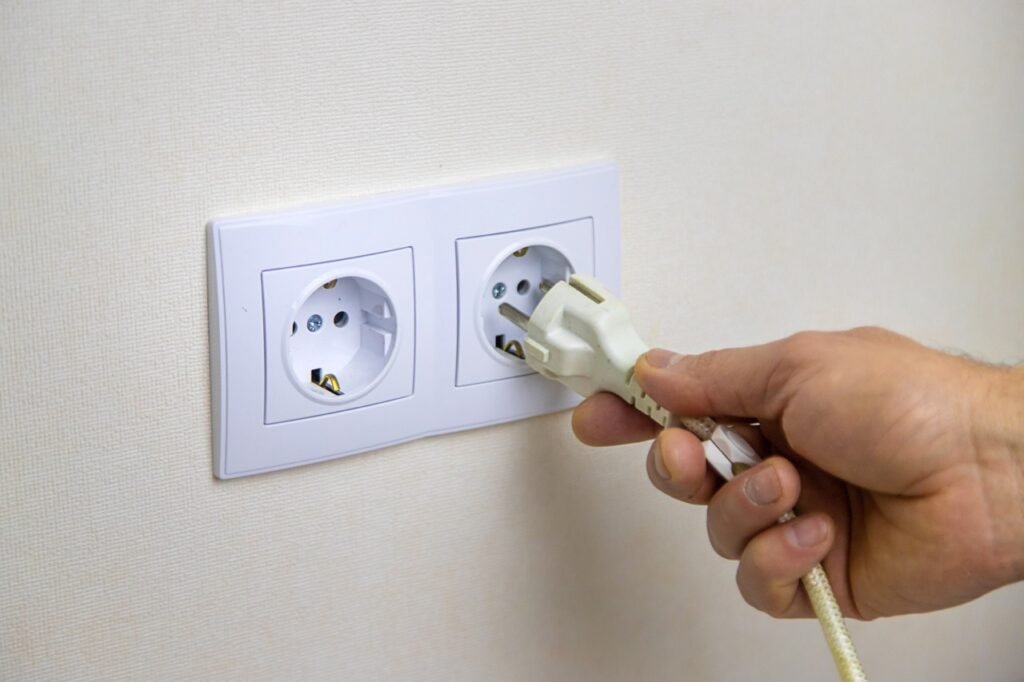Are you planning to visit Malaga?
Here is some information you need to know before your trip to Spain
Best time to visit
Spring (March to May) and Fall (September to November) are ideal times to visit Málaga. During these seasons, the weather is mild, with comfortable temperatures for outdoor activities and sightseeing. Additionally, these months are less crowded compared to the peak summer season.
Passport & visa
Citizens of EU and Schengen Agreement countries do not need visas to enter Spain, including Málaga, for stays of up to 90 days within a 180-day period.
However, non-EU citizens should check visa requirements before traveling to ensure compliance with immigration regulations.
Currency
The official currency of Spain is the Euro (€). Currency exchange services are widely available throughout Málaga, including at airports, banks, exchange bureaus, and some hotels. ATMs are also abundant and accept major international credit and debit cards.
Credit and debit cards are widely accepted in most establishments, but it’s advisable to carry some cash for smaller purchases and transactions.
Mobile phone network
For European travelers:
If you’re from an EU country, your mobile phone should work in Malaga without any additional roaming charges, thanks to the EU’s “Roam Like at Home” policy.
*We recommend you to check with your mobile provider to confirm roaming coverage and any associated charges.
For travelers from outside the EU:
Consider purchasing a local SIM card upon arrival in Málaga for affordable data and call plans. Major mobile network operators in Spain include Movistar, Vodafone, Orange, and Yoigo. SIM cards and prepaid plans are available for purchase at airports, convenience stores, and mobile carrier shops.
Language
The official language is Spanish, although English is widely spoken in tourist areas,hotels, restaurants, and shops. Learning a few basic phrases in Spanish can enhance your travel experience.
Time zone
Málaga operates on Central European Time (CET), which is UTC+1.
Plug sockets
Spain uses the Europlug Type C and Type F sockets, with a standard voltage of 230V and a frequency of 50Hz. Bring a universal adapter if your devices use different plug types.

Emergency numbers
Police: 112
Medical Emergency: 112
Fire: 112
Transportation
Airport
Malaga-Costa del Sol Airport (AGP) is the main airport serving the region, located about 8 kilometers southwest of the city center. It offers domestic and international flights.
Public Transport
Malaga has an efficient public transportation system, including buses (the EMT bus network covers most areas of Málaga), metro line and a commuter train (Cercanías) connect the city center with suburbs like Fuengirola and Torremolinos.
The city center is pedestrian-friendly, making it easy to explore on foot.
Taxis are readily available throughout Málaga, and you can either hail them on the street or find them at designated taxi ranks. Taxi fares are regulated and metered, but it’s advisable to confirm the fare with the driver before starting your journey, especially for longer trips or to the airport.
Healthcare
In case of medical emergencies, there are hospitals and healthcare facilities available in Malaga, including public hospitals and private clinics. The European Health Insurance Card (EHIC) may provide coverage for EU citizens, but it’s recommended to have travel insurance for comprehensive coverage.
Pharmacies
Pharmacies, known as “Farmacias,” are abundant in Málaga and are recognizable by their distinctive green cross signs. They are usually open from 10AM – 8:30PM (with a break from 1:30PM to 5PM).
In case of emergencies, there are pharmacies that operate 24 hours on a rotating basis. You can consult them HERE, the most known in the city centre is “Pharmacy Caffarena” in Alameda Principal, 2.
Shopping
Malaga offers diverse shopping opportunities, including designer boutiques, department stores, markets, and souvenir shops. VAT (Value Added Tax) is included in the prices displayed, and tax-free shopping is available for non-EU residents on eligible purchases.
Tipping
Tipping is not obligatory in Spain, as a service charge is often included in the bill. However, it’s customary to round up the bill or leave a small tip for good service, typically around 5-10% of the total.
Post office
“Correos”, the Spanish postal service, operates numerous post offices in Málaga where you can send mail and packages, purchase stamps, and access other postal services. Post offices are typically open during standard business hours, Monday to Friday, with limited hours on Saturdays.
